As urban areas expand and climate change intensifies, the need for sustainable and intelligent urban development has never been greater. At Fokabs, we are at the forefront of this transformation, championing the integration of digital and smart technologies, renewable energy, and sustainable practices into urban environments. Our Smart Green Building & City initiative provides innovative solutions to reduce environmental impacts, enhance urban resilience, and create inclusive, liveable spaces.
This initiative aligns with our expertise in policy support, training, and sustainability, enabling us to address the multifaceted challenges of urbanization, resource management, and climate change mitigation. Through a holistic approach, we combine advanced technologies, nature-based solutions, and community engagement to deliver future-ready urban spaces.
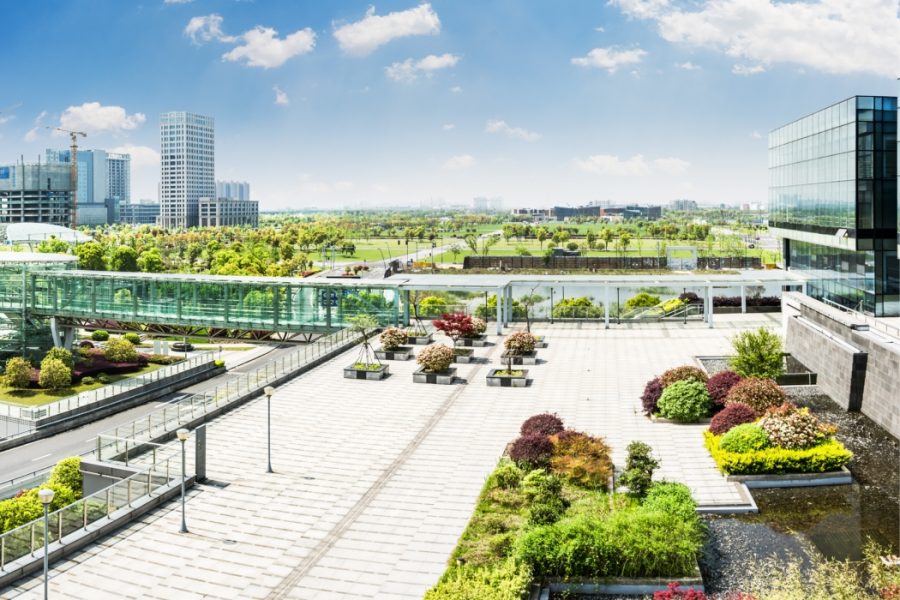
Our services
- Net Zero and Positive Energy Engineering: Designing buildings and urban areas that generate more energy than they consume, contributing to a sustainable energy future.
- Renewable Energy Integration: Incorporating solar, wind, and other renewable energy sources into buildings and urban infrastructure to reduce reliance on fossil fuels.
- Energy and Carbon Strategies: Crafting strategies to reduce energy consumption and achieve carbon neutrality at both building and city scales.
- Passive Design: Leveraging natural elements like sunlight, airflow, and thermal mass to reduce energy demand in buildings.
- Whole Life Carbon Assessments: Analyzing the carbon impact of buildings and urban developments over their entire lifecycle to guide sustainable decision-making.
- Circular Economy: Promoting the reuse of materials, reducing waste, and designing for longevity in construction and urban systems.
- Decarbonisation: Implementing strategies and technologies to reduce greenhouse gas emissions, transition to low-carbon materials, and promote sustainable energy practices in construction and urban systems.
- Green Building Certification: Supporting certification processes such as LEED, BREEAM, and EDGE to ensure adherence to global green building standards.
- Nature-Based Solutions: Implementing green roofs, urban forests, and biodiversity-friendly designs to enhance ecological resilience.
- Green Growth Development: Aligning urban projects with sustainable economic growth, ensuring long-term viability and environmental health.
- Smart City Technologies: Employing IoT, AI, and digital solutions to optimize urban systems, energy use, and environmental performance.
- Community Engagement and Inclusivity: Encouraging participatory planning and inclusive development to reflect the needs and aspirations of diverse populations.
- Policy and Regulation: Providing technical expertise and guidance to shape policies and regulatory frameworks that enable sustainable urban development.
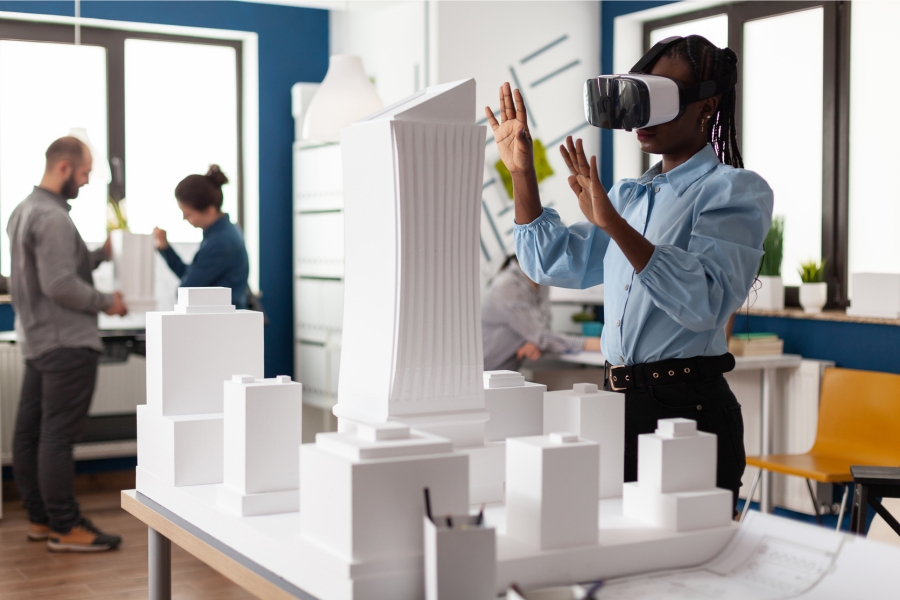
BIM and Digital Twins Services
At Fokabs, we provide cutting-edge Digital Twin Services for Buildings and Cities, bridging the gap between physical and virtual environments to enhance decision-making and operational efficiency.
Our services include:
- Digital Twin Development: Creating dynamic, data-driven digital replicas of buildings and urban spaces for real-time monitoring and analysis.
- Integration with IoT and BIM: Leveraging IoT devices and BIM models to provide actionable insights and improve asset management.
- Lifecycle Management: Supporting the entire lifecycle of buildings and cities, from design and construction to operation and maintenance.
- Predictive Analytics: Using advanced analytics to forecast performance, optimize resource utilization, and enhance sustainability.
With Fokabs, you can harness the power of Digital Twin technology to drive innovation, efficiency, and resilience in your projects.
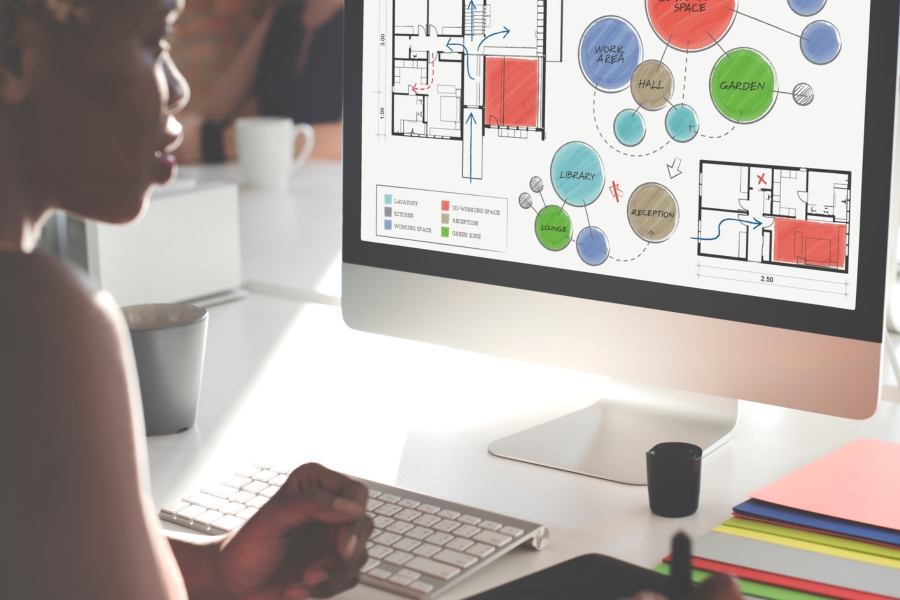
BIM Implementation and Strategy Management
At Fokabs, we provide tailored and comprehensive BIM implementation and strategy management services designed to streamline your workflows and ensure alignment with international standards like ISO 19650.
Our expertise includes:
- BIM Strategy Development: Crafting customized strategies to drive the successful adoption and integration of BIM in your projects.
- Information Management Documentation: Developing and managing essential documents such as BIM Execution Plans to enhance project clarity and efficiency.
- Standards and Protocols Development: Establishing robust BIM standards and protocols that align with your organization’s goals.
- Organizational Strategy for BIM Integration: Supporting your organization with strategic frameworks for effective BIM adoption.
- BIM Department Setup and Management: Assisting in the creation and operation of BIM departments to optimize project delivery.
- Change Management: Facilitating the cultural and operational transformation needed to maximize BIM’s potential.
With Fokabs, you gain a trusted partner dedicated to making your BIM processes efficient, scalable, and compliant with industry best practices.
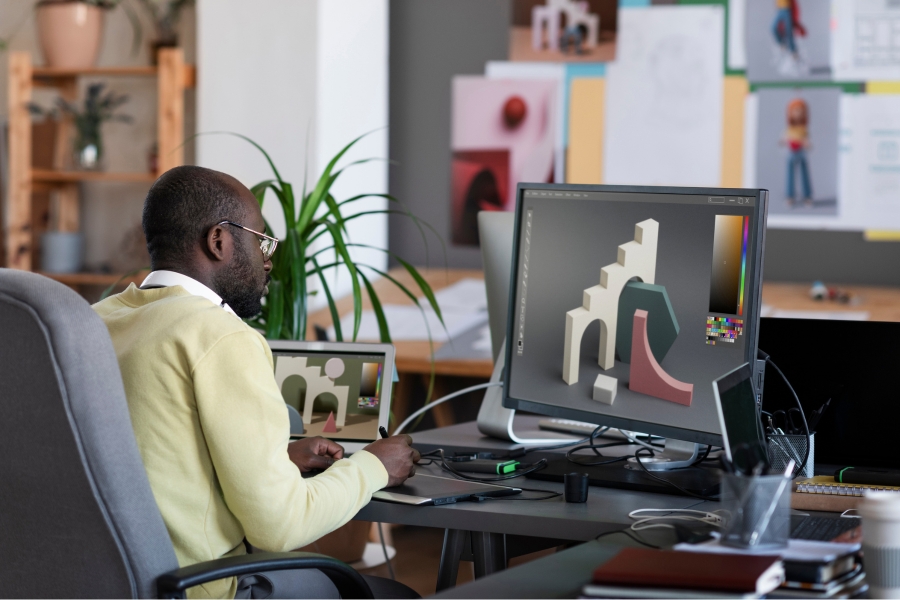
BIM Modeling & Design Services
At Fokabs, we deliver cutting-edge BIM Modeling and Design services tailored to meet the dynamic needs of your projects, ensuring precision, efficiency, and compliance with industry standards. Our offerings include:
- 3D, 4D, 5D, 6D, and 7D BIM Modeling: Providing multi-dimensional modeling solutions to enhance visualization, scheduling, cost estimation, sustainability, and facility management.
- Design Validation: Ensuring your designs meet project requirements through advanced validation techniques.
- Point Cloud to BIM Services (Scan to BIM): Transforming laser scans into intelligent BIM models for accurate renovation, retrofitting, and documentation.
- BIM for Structural Analysis and Design: Delivering comprehensive structural solutions, integrating analysis, and design seamlessly within BIM environments.
- BIM for MEP Systems: Specializing in Mechanical, Electrical, and Plumbing systems to optimize coordination and efficiency across your projects.
With Fokabs, you gain a partner committed to innovation and excellence, ensuring your projects benefit from the full potential of BIM technology.
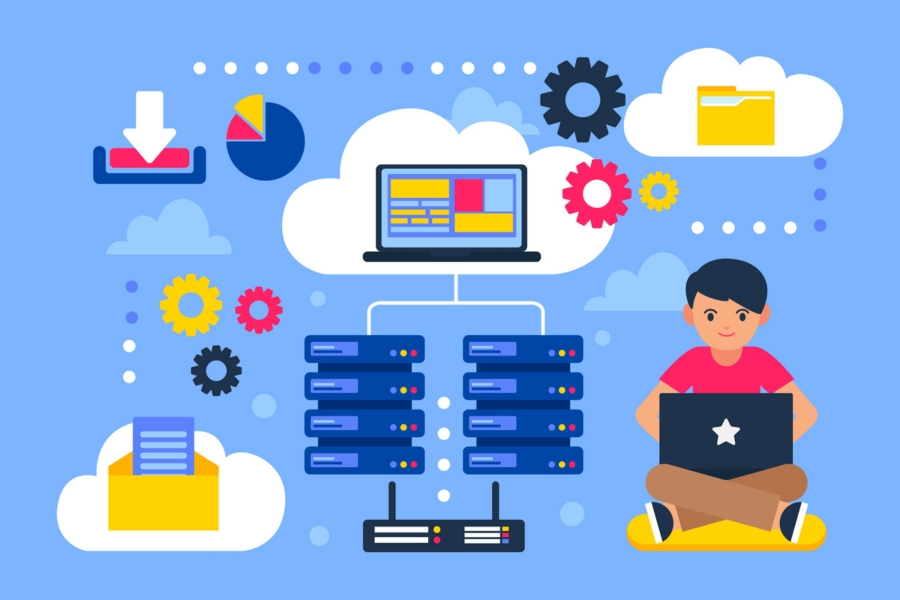
BIM Advanced Modeling Concepts
At Fokabs, we specialize in advanced BIM modeling concepts, offering innovative solutions that enhance project efficiency and interoperability. Our services include:
- BIM Content Creation: Developing customized BIM libraries and content tailored to your project needs.
- BIM Software Development: Creating bespoke add-ins, plugins, and tools to streamline workflows and boost productivity.
- Interoperability and Federation of Models: Ensuring seamless integration and collaboration across different software platforms and model environments.
- Visual Programming: Leveraging tools like Dynamo and Grasshopper to automate processes and enhance design capabilities.
With Fokabs, you gain access to cutting-edge expertise, empowering your projects with advanced BIM technologies and methodologies.
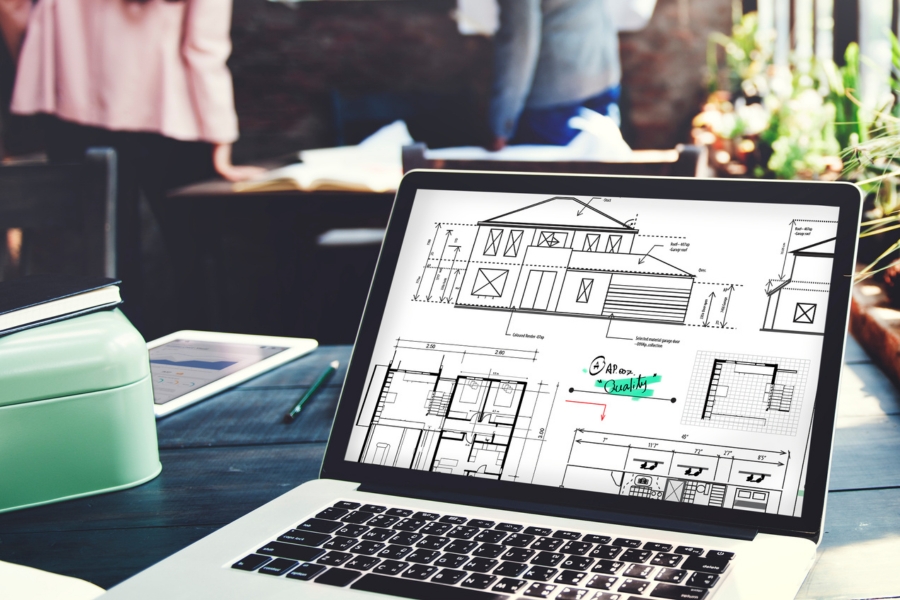
BIM Quality Control Management
At Fokabs, we provide expert BIM Quality Control Management services to ensure your projects meet the highest standards of precision and compliance. Our services include:
- Ensuring Model Quality Standards and Protocols: Implementing robust quality frameworks to maintain consistency and accuracy across all BIM models.
- Model Validation and Auditing: Conducting thorough validations and audits to ensure models align with project specifications and industry standards.
- Quality Assurance and Quality Control (QA/QC) for BIM Models: Delivering comprehensive QA/QC processes to guarantee the integrity and reliability of your BIM outputs.
- Compliance Checks with BIM Standards: Ensuring adherence to global BIM standards, including ISO 19650 and PAS 1192, for optimal project delivery.
With Fokabs, you can trust our expertise to uphold quality and compliance, ensuring your BIM processes are reliable, efficient, and globally benchmarked.
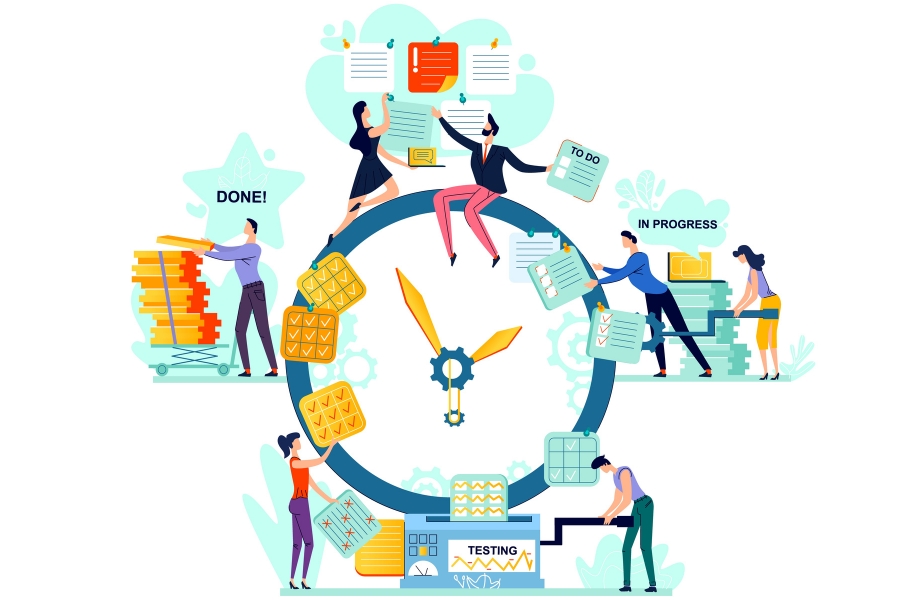
BIM Project Coordination and Collaboration
At Fokabs, we excel in BIM Project Coordination and Collaboration, enabling seamless integration and teamwork across all project disciplines. Our services include:
- Multidisciplinary Model Coordination: Ensuring effective collaboration and integration of models from various disciplines to deliver cohesive project outcomes.
- Clash Detection and Resolution Management: Identifying and resolving clashes early to avoid costly delays and rework during construction.
- Common Data Environment (CDE) Setup and Maintenance: Establishing and managing a centralized platform for streamlined data sharing and collaboration.
- Collaborative Working Setup: Facilitating teamwork with advanced platforms like BIM 360 and Trimble Connect for real-time communication and data exchange.
- Meeting and Communication Management: Organizing and managing coordination meetings, clash review sessions, and effective communication workflows.
With Fokabs, you gain a trusted partner committed to optimizing coordination and collaboration, ensuring your projects are delivered efficiently and effectively.
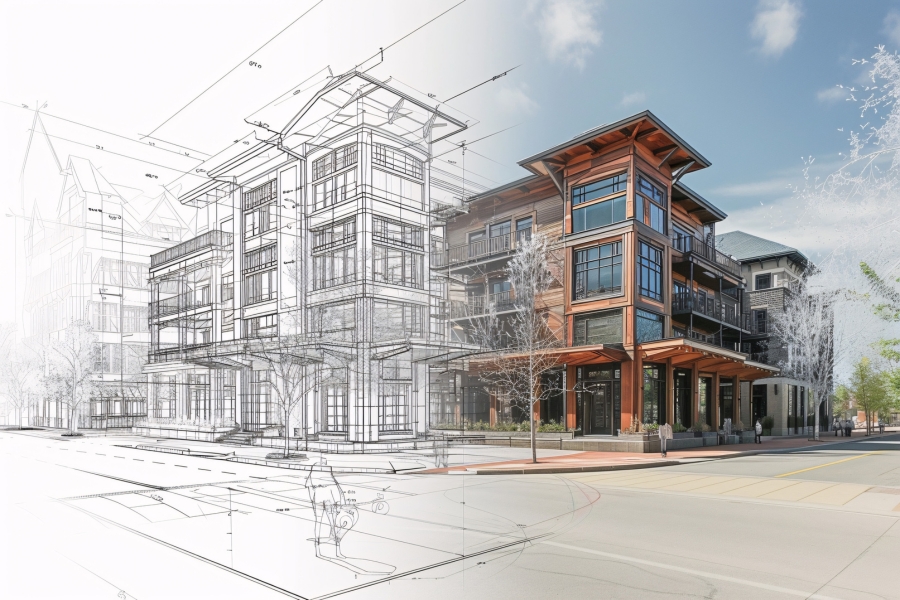
BIM Visualization & Simulation Services
At Fokabs, we offer state-of-the-art BIM Visualization and Simulation Services to bring your projects to life with immersive and dynamic solutions. Our services include:
- 4D (Time) and 5D (Cost) Simulations: Delivering detailed time and cost simulations to enhance project planning and decision-making.
- Construction Sequencing and Visualization: Providing precise visualizations of construction sequences to improve understanding and execution.
- Virtual Reality (VR) Development: Creating immersive VR experiences using the Unity Game Engine to visualize designs and processes.
- Augmented Reality (AR) Development: Leveraging the Unity Game Engine to develop AR applications that integrate virtual elements into real-world contexts.
- Augmented Reality (AR) and Virtual Reality (VR): Combining AR and VR technologies to revolutionize project presentations and stakeholder engagement.
With Fokabs, you gain access to cutting-edge visualization and simulation tools that enhance project understanding, communication, and execution.
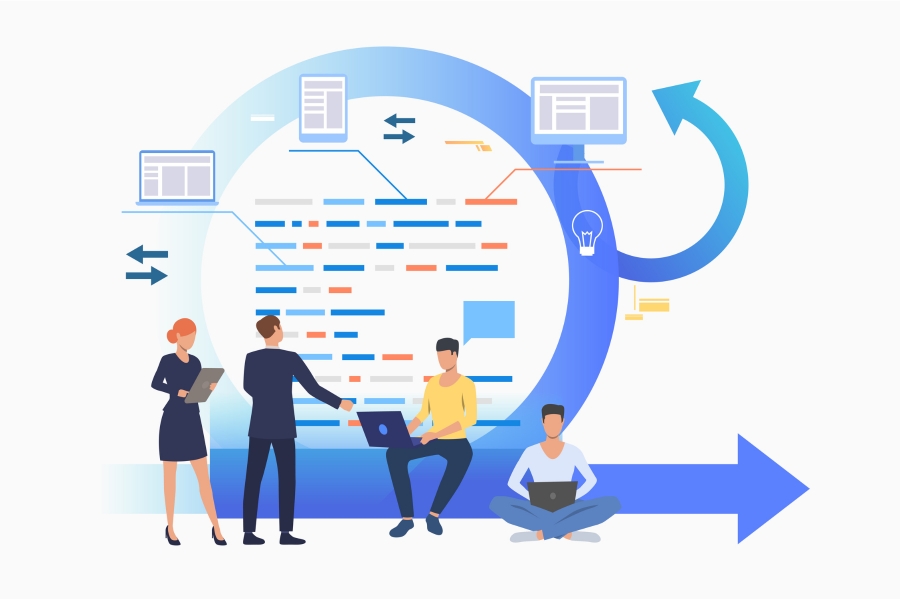
BIM Workflow and Process Management
At Fokabs, we specialize in BIM Workflow and Process Management, ensuring your projects run efficiently and meet all requirements. Our services include:
- Establishing Efficient BIM Workflows: Designing and implementing workflows that streamline processes and enhance productivity.
- Defining Level of Development (LOD) Requirements: Setting clear LOD standards to ensure models meet project-specific needs and expectations.
- Setting Up and Managing BIM Processes: Facilitating advanced BIM processes such as 4D scheduling for time management and 5D cost management for financial control.
- BIM Content and Library Management: Organizing and maintaining comprehensive BIM libraries to ensure consistent and reusable content across projects.
With Fokabs, you can rely on our expertise to optimize your BIM workflows and processes, driving project success and efficiency.

BIM Data and Information Management
At Fokabs, we provide comprehensive BIM Data and Information Management services to ensure accurate and efficient handling of your project information. Our services include:
- Information Management in Alignment with ISO 19650: Implementing data management practices that comply with global standards for effective project delivery.
- Model Data Extraction and Reporting: Extracting and analyzing critical data from BIM models to generate insightful and actionable reports.
- Asset Information Modeling (AIM): Creating and managing detailed digital representations of assets for improved lifecycle management.
- Lifecycle Data Management: Overseeing data throughout the asset lifecycle, from design to operation, ensuring continuity and accessibility.
- Managing Information Deliverables and Documentation: Coordinating and organizing all information deliverables to meet project and stakeholder requirements.
With Fokabs, you can trust us to manage your BIM data and information seamlessly, enhancing project transparency and decision-making.
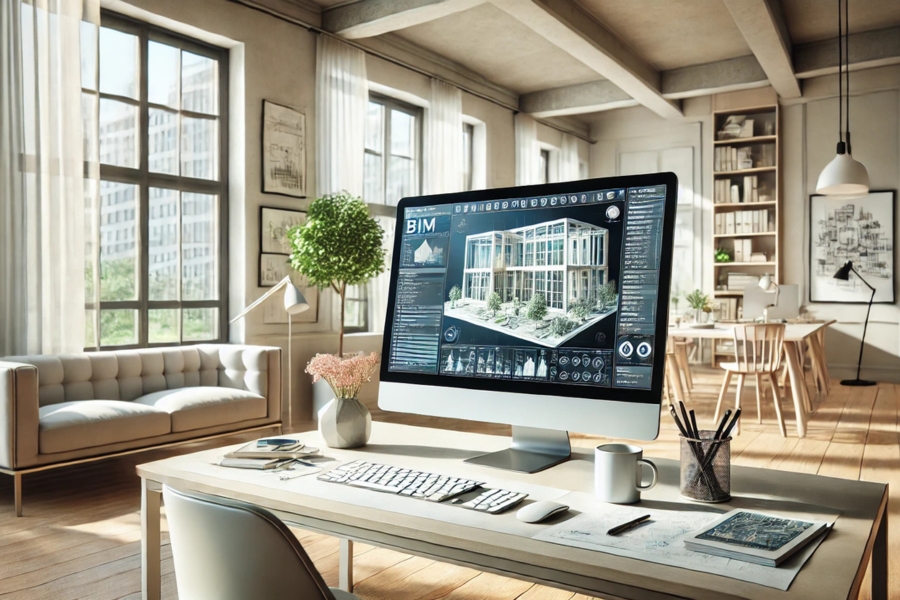
BIM Data Analytics and Business Intelligence
At Fokabs, we harness the power of BIM Data Analytics and Business Intelligence to provide actionable insights that drive smarter project decisions. Our services include:
- BIM Data Extraction and Analysis: Collecting and analyzing data from BIM models to uncover valuable insights and trends.
- Integration with Business Intelligence Tools: Connecting BIM data with advanced tools like Power BI to enhance visualization and data-driven decision-making.
- Custom Dashboards and Reporting Solutions: Developing tailored dashboards and reporting systems to deliver real-time project insights and performance metrics.
With Fokabs, you gain a trusted partner dedicated to turning your BIM data into powerful tools for project management and strategic planning.
